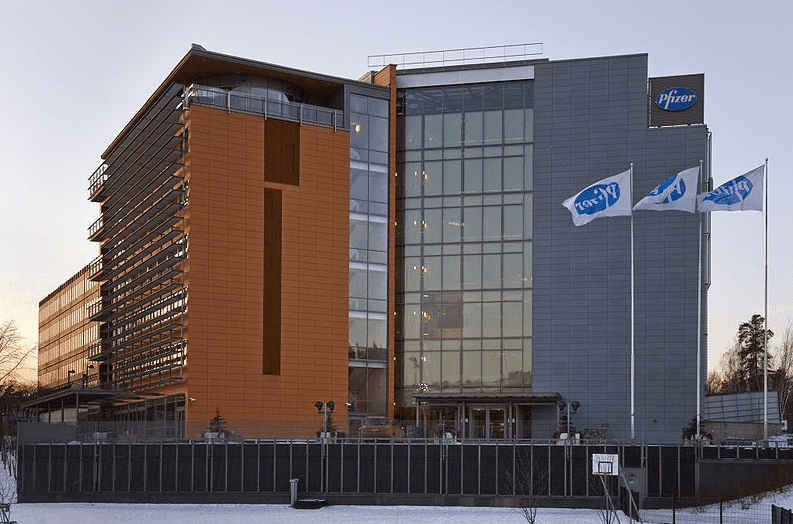
Pfizer drug beats AZ rival in halting lung cancer
pharmafile | June 6, 2017 | News story | Manufacturing and Production, Research and Development | NSCLC, Pfizer
New data from late-stage trials suggests that Pfizer’s dacomitinib beat out AstraZeneca’s rival treatment Iressa (gefitinib) at halting the progression of EGFR-positive non-small cell lung cancer (NSCLC), albeit with a higher prevalence of side-effects.
Like older treatments, dacomitinib targets abnormal epidermal growth factor receptor genes in advanced lung cancer. In a study of 452 patients, Pfizer’s drug exhibited the ability to delay the progression of cancer for 14.7 months, compared to 9.2 months for AZ’s Ingressa – a 41% improvement.
However, these promising statistics also coincided with increased incidence of acne, diarrhoea, and liver enzyme abnormalities as a result of the drug’s suppression of EGFR genes in the skin and gastrointestinal tract, causing 60% of participants to have their dose lowered. However, despite this,
Lead Researcher Dr Tony Mok, from the Chinese University of Hong Kong, commented: “the activity seen in this study should allow for consideration of this effective therapy in this patient population.”
EGFR-positive NSCLC affects around 140,000 patients worldwide. Pfizer has announced that it now plans to speak with regulatory agencies to secure approval for the drug.
Matt Fellows
Related Content
NICE recommends Pfizer’s new once-weekly treatment for haemophilia B on NHS
Walton Oaks, 21st May 2025 – Pfizer Ltd announced today that the National Institute for Health and Care …

Pfizer releases results for severe RSV-associated LRTD treatment study
US-based Pfizer have announced results from its substudy B of the ongoing phase 3 clinical …
New Real-World Data Published in Journal of Cardiac Failure on Effectiveness
Patients treated with tafamidis were associated with greater rates of survival compared with patients untreated …






